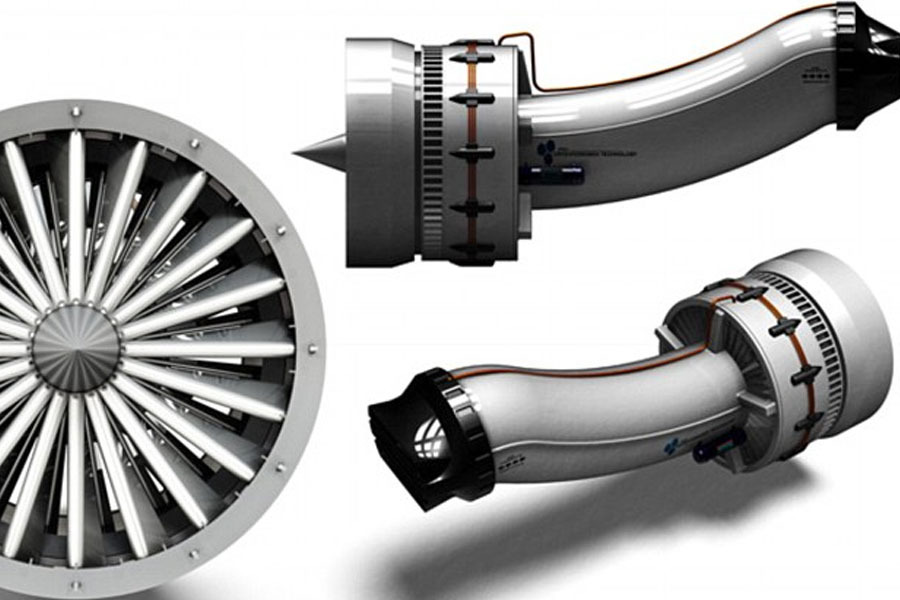Aluminum alloy die-casting is a kind of pressure-casting part. It uses a pressure-casting mechanical die casting china machine equipped with a casting mold to pour the heated liquid aluminum or aluminum alloy into the inlet of the die-casting machine, and then die-cast by the die-casting machine to cast out the mold. Aluminum parts or aluminum alloy parts with restricted shapes and sizes. Such parts are usually called aluminum die-casting.
These characteristics make aluminum alloy die casting more suitable for producing a variety of castings with complex structures and thin walls. Therefore, the products are widely used in aviation, aerospace, ships, building materials, home appliances, various vehicles and instrument industries. What are the advantages and benefits of aluminum alloy die casting we know? Its advantages are mainly divided into 5 aspects:
- 1. Aluminum alloy has good thermal conductivity, electrical conductivity and cutting performance.
- 2. Aluminum alloy wire shrinks less, so it has good filling performance, but the body shrinks larger, and it is easy to generate large shrinkage holes at the final solidification.
- 3. Aluminum alloy has low density and high strength. The ratio of tensile strength to density is 9-15. It also maintains good mechanical properties when working at high or low temperatures.
- 4. Aluminum alloy die-casting is easy to stick to the mold. The mass fraction of die-cast aluminum alloy iron is generally controlled in the range of 0.8% to 0.9% to reduce the sticking phenomenon.
- 5. Aluminum alloy has good corrosion resistance and oxidation resistance. Most aluminum alloys have good corrosion resistance in fresh water, sea water, concentrated nitric acid, nitro-hydrochloric acid, gasoline and various organic substances.
